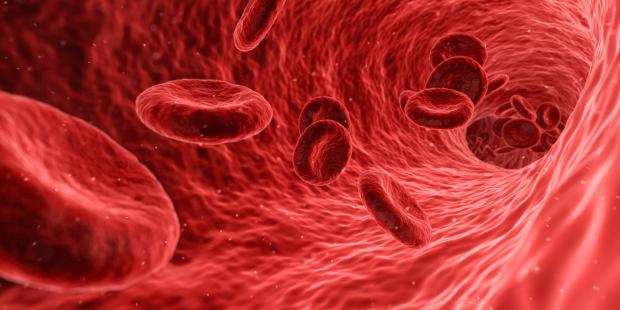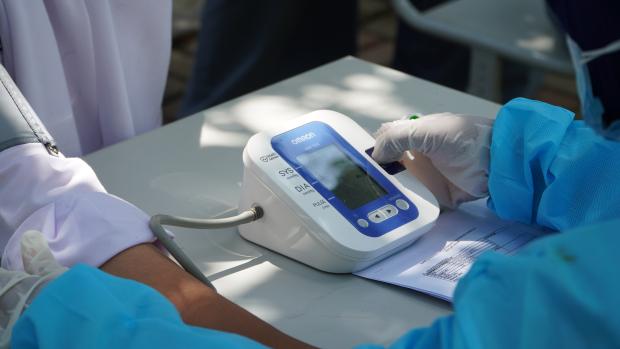Side effects of lymphoma treatment
In this section, you’ll find information about common side effects of lymphoma treatment. Your medical team will talk to you about the possible side effects of your particular treatment before you start it.
You might also be interested in our information about treatment for lymphoma and our podcast on enhanced supportive care. We also have information and resources to help you to live well, with and beyond lymphoma.
What are side effects?
Treatment destroys lymphoma cells but it can also damage healthy cells, causing unwanted 'side effects'. These are usually temporary. Different factors affect which side effects you have, including the types of treatment you have, how much and how often. Talk to your medical team about any side effects you experience so that they can offer support and advice to help you to manage them.

Side effects that can affect day-to-day life
Different treatments affect people in different ways. Your medical team will talk to you about what to expect, and offer advice about how to manage any side effects you experience.
Some of the more common side effects of lymphoma treatments are:
- Bowel problems
- ‘Chemo brain’
- Dry, sore and itchy skin
- Fatigue
- Hair loss
- Nausea and vomiting
- Peripheral neuropathy (nerve damage)
- Sleep problems
- Sore mouth (oral mucositis)

Risk of infection
Lymphoma can increase your risk of infection. It’s important to know the signs and symptoms to look out for, and how to contact your medical team if you need to.

Effects on blood cells
Treatment for lymphoma can lead to a shortage of certain types of blood cells. Be aware of the symptoms and risks, and when to contact your medical team.

Fertility
Some treatments can reduce your fertility. For women, this can happen by triggering an early menopause. For both men and women, there are ways of helping to preserve your fertility.

Late effects
Late effects are health problems that develop months or years after treatment. To help detect any problems early, find out from your medical team how best to keep checks on your health.
